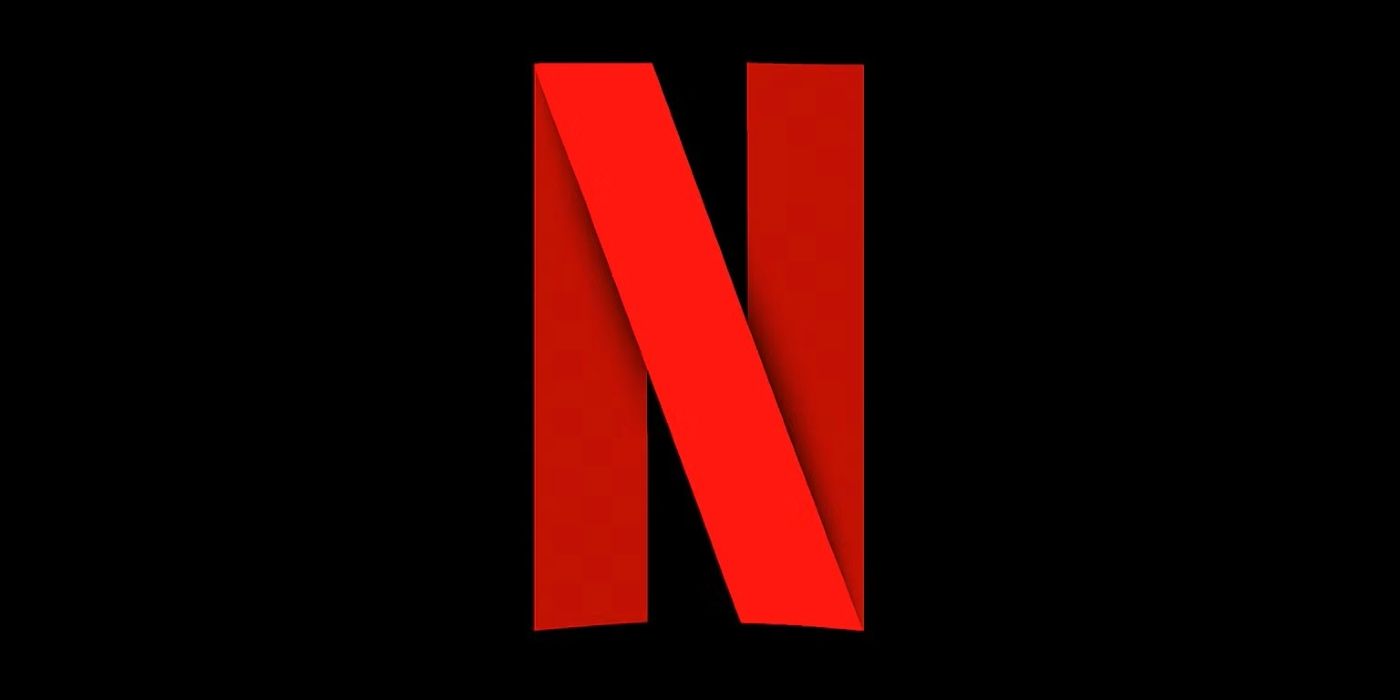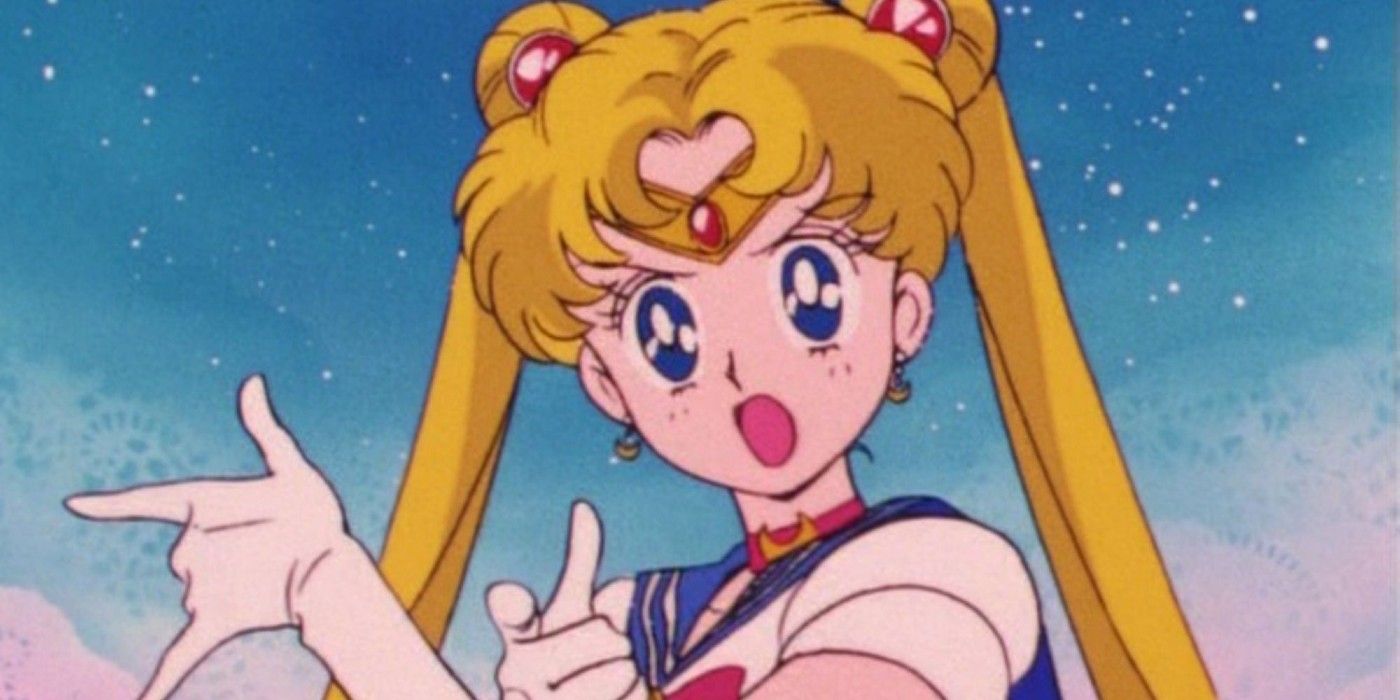Streaming Wars Intensify: Netflix Exposes Paramount's Role in Industry's 'Brutal Crisis'

As the entertainment industry grapples with evolving consumption habits, Netflix co-CEO Greg Peters has sharply critiqued Hollywood's ongoing reliance on mergers as a solution for its streaming woes. His comments came after Paramount Skydance's second bid to acquire Warner Bros. Discovery (WBD) failed, highlighting a perceived coping mechanism where studios attempt to buy their way out of problems rather than innovate. Peters argued that acquiring another company with similar developmental capabilities does not fundamentally alter the competitive landscape or solve the underlying strategic challenges facing legacy media.
For the past decade, the so-called streaming wars have often been defined by sheer size, who boasts the most subscribers, the largest content library, or the deepest intellectual property (IP). However, Netflix contends that these metrics, and the mergers pursued to achieve them, are not the panacea they once seemed. Peters cited examples such as Disney-Fox, Amazon-MGM, and Warner’s numerous rebrands as evidence that adding more assets through acquisition does not automatically create a stronger or more sustainable business model. The core issue, according to Netflix, is Hollywood’s “streaming identity crisis,” where traditional studios continue to treat streaming primarily as a content pipeline rather than a distinct product with its own culture and logic.
In stark contrast to the acquisition-driven strategies of its competitors, Netflix is focusing on what Peters describes as the “hard work” of internal iteration and innovation. This includes significant investments in developing advanced technology, continuously improving customer experience, and building a robust global infrastructure capable of adapting to audience behaviors. Specific areas of focus range from AI integration and payment optimization to the development of interactive content and live programming. The company has also shifted its focus toward advertising innovation, with its ad tier now a cornerstone of growth and plans to roll out interactive ad formats and real-time voting features in future programming, starting with an upcoming “Star Search” revival.
Beyond digital platforms, Netflix is expanding its ecosystem with real-world brand extensions, including Netflix House venues, gaming expansions, live events, and even a Las Vegas restaurant. This multifaceted approach aims to position Netflix as a unique entity that functions simultaneously as a studio and a Silicon Valley product. While cautiously embracing AI, co-CEO Ted Sarandos affirmed the company’s excitement about empowering creators with generative AI tools, yet emphasized that the pursuit is not for novelty’s sake. His sentiment, “It takes a great artist to make something great” underscores a deliberate attempt to balance technological efficiency with creative artistry, navigating the inherent tension between computation and soul in content creation.
Netflix’s distinct stance is particularly striking as it both critiques and embodies the entertainment era’s growing pains. Sarandos and Peters are banking on innovation, rather than sheer ownership, to define the next phase of Hollywood. While competitors like Paramount-Skydance, Comcast, and Warner remain seemingly trapped in a cycle of merging, restructuring, and rebranding, each move promising synergy but often delivering only short-term boosts, Netflix implies that this relentless consolidation reflects a kind of “creative bankruptcy.” The core problem, as Netflix sees it, is not merely that these companies are too small, but that they have lost a clear sense of identity and strategy in the streaming landscape.
With the streaming boom of 2020 long past, subscriber growth flattening, and 2025 potentially marking a year where the industry runs out of ideas, Netflix’s global scale, now serving “nearly a billion viewers” stands out. Its critique resonates deeply because it addresses a fundamental mindset difference: legacy studios still treat streaming as a delivery method for IP, not as the primary business with its own distinct culture.
Netflix, despite its flaws, has fully embraced streaming as the business, not a mere side venture. This unwavering commitment and strategic clarity make its recent observations about competitors’ merger tactics particularly incisive and true.
You may also like...
Arsenal Dominance: Eze's 'Magic Moment' Against Former Club Propels Gunners to Top!
)
Arsenal extended their winning streak to seven games with a hard-fought 1-0 victory over Crystal Palace, thanks to Ebere...
Guardiola's Fury: Haaland Caged as Aston Villa Delivers Crushing Blow to Man City's Title Hopes!
)
Manchester City suffered a 1-0 defeat against Aston Villa, with Matty Cash scoring the decisive goal. Pep Guardiola refl...
Iconic 'Sailor Moon' Returns to Netflix After Years of Streaming Turmoil

Sailor Moon Crystal has made a welcome return to Netflix in the U.S. and Canada, bringing a faithful adaptation of the i...
Anime Dominates Box Office as 'Chainsaw Man' Smashes Records, 'Springsteen' Falters

Crunchyroll's “Chainsaw Man – The Movie: Reze Arc” soared to the top of the box office, affirming anime's growing global...
Global Power Couple Alert: Katy Perry & Justin Trudeau Confirm Romance in Paris Debut!

Katy Perry and Justin Trudeau have officially confirmed their relationship, making their first public appearance as a co...
Taylor Swift's 'Showgirl' Album Reigns Supreme for Third Week on Billboard 200!

Taylor Swift’s "The Life of a Showgirl" achieves its third consecutive week at No. 1 on the Billboard 200 chart for Nove...
Inside 'A House of Dynamite': Stars Unveil Nuclear Thriller's Political Depths

"A House of Dynamite," Kathryn Bigelow's latest political thriller, features an all-star cast including Jared Harris and...
Climate Crisis Unleashes New Health Threats Across Africa; 'One Health' Solution Emerges

The One Health approach is critical for Africa's climate change and global health resilience, integrating human, animal,...



